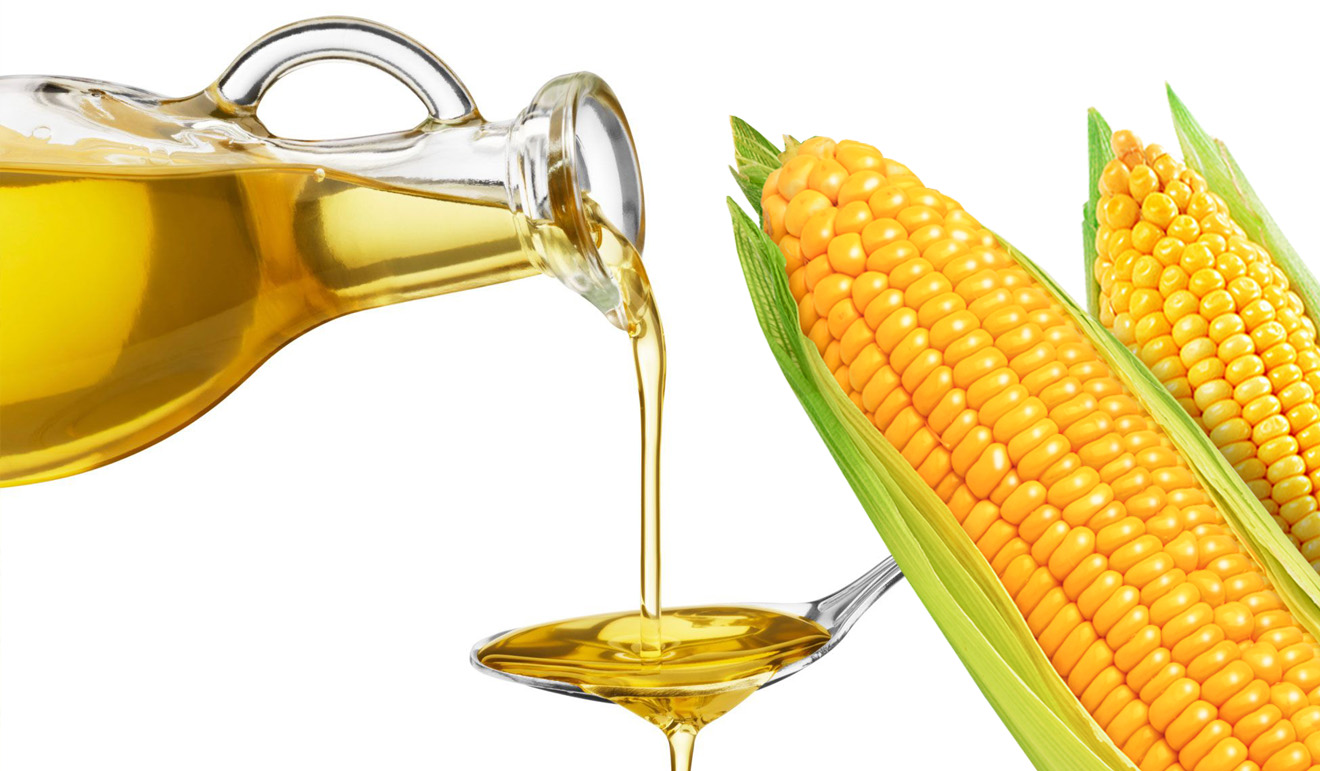
Corn oil is a vegetable oil that is extracted from the germ of corn, which is the most nutritious part of the grain. The germ is separated from the rest of the grain during the wet milling process. It is a light yellow vegetable oil with a mild flavor. It is a versatile oil that can be used for cooking, baking, frying, and salad dressings.
The composition of corn oil varies depending on the extraction method and the degree of refinement. In general, corn oil contains the following components:
Fatty acids: Corn oil is a polyunsaturated vegetable oil, which means that it contains a high content of polyunsaturated fatty acids. Polyunsaturated fatty acids are beneficial for heart health because they help to reduce LDL (“bad”) cholesterol and increase HDL (“good”) cholesterol. Corn oil contains mainly linoleic acid (65-75%), an omega-6 fatty acid, and oleic acid (25-35%), an omega-9 fatty acid.
Vitamins: Corn oil is a good source of vitamin E, an antioxidant that helps to protect cells from damage. One tablespoon of corn oil contains approximately 10 mg of vitamin E, which is 10% of the recommended daily intake.
Minerals: Corn oil contains small amounts of minerals, such as potassium, phosphorus, and magnesium.
Among the benefits of consuming corn oil are:
- Can help reduce LDL ("bad") cholesterol
- It can help to increase HDL ("good") cholesterol.
- It can help to protect against heart disease and stroke.
- It can help to reduce the risk of certain types of cancer.
- It can help to improve skin and hair health.
- It is an economical and versatile oil that can be used for cooking, frying, baking and salad dressing.

Write to us and one of our commercial agents will answer your questions very soon.

